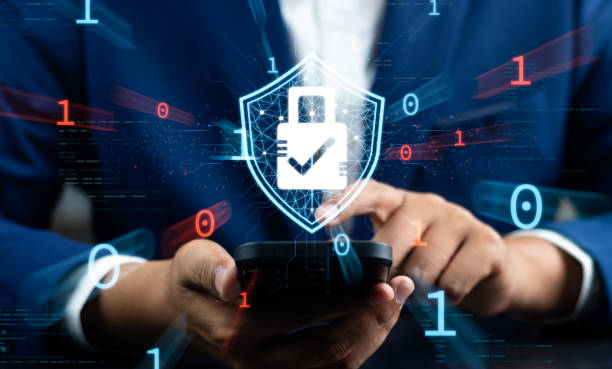Smart contracts have revolutionized how transactions work on blockchains, making them more safe and secure. However, because they can’t be revised after live deployment and their mostly irreversible transactions, hackers frequently target smart contracts to steal funds. Auditors thoroughly check contracts and decentralized apps (dapps) for security bugs before deployment. They play a crucial role in the blockchain ecosystem, and this article will examine their role.
What is a smart contract audit?
Auditing is an extensive review of a decentralized app’s codebase to identify security flaws that hackers could exploit and other flaws that make the app inefficient. Security is the core focus, but auditors also seek ways to optimize the blockchain app’s performance, e.g., reducing transaction costs and increasing transaction speed.
Any decentralized app must be audited before its public deployment. Auditing builds user trust and ensures you don’t release a bug-riddled contract that allows hackers to steal funds.
Benefits of smart contract auditing
1. Safety
Audits involve blockchain and cybersecurity experts rigorously examining a contract’s codebase to identify security vulnerabilities. These experts have deep knowledge and experience in the blockchain sector, which they leverage to identify complex flaws.
Auditors first use automated tools to test the codebase for mundane errors, e.g., access control issues and integer overflow. Then, they manually review the codebase to find flaws that are technically correct but could cause problems in the long run. Identified errors are duly documented, and the auditors brainstorm solutions to them.
The goal is for the blockchain app to become as safe as possible. When you audit smart contracts, there’s no 100% safety guarantee, but it goes a long way in making the decentralized app safe.
2. It builds trust
Almost no one would touch an unaudited app in the blockchain sector. Users shy away from such apps for security reasons, and corporate partners refuse to integrate with such apps. Hence, you need an audit to build trust and confidence in your project.
3. Regulatory compliance
Auditors review smart contracts for compliance with domestic and international laws. Assuming you’re based in Latin America but build a decentralized app for European Union (EU) residents, auditors review the app to ensure compliance with EU laws. This compliance is crucial to your app’s long-term viability, as regulators often clamp down on non-compliant blockchain apps.
4. It saves money
An audit is usually an expensive short-term investment, but it saves money in the long run. That short-term expense drastically reduces the chances of a hacker finding and exploiting a bug to steal funds. Blockchain theft can be massive; for example, the Ronin Network suffered a $625 million exploit in 2022. An audit helps prevent such a severe theft from occurring.
Key components of an audit
- Code review: Auditors carefully examine the codebase to identify bugs that affect the decentralized platform’s performance.
- Security evaluation: Auditors examine the blockchain app for security risks and find ways to fix these risks.
- Functionality testing: The auditing team checks contracts to ensure they work reliably. They try different inputs and actions to see if the contract responds correctly.
- Compliance: Auditors review the codebase for compliance with industry standards and domestic or international regulations (depending on your target market).
Who performs a blockchain audit?
Audits should be handled by a professional auditing firm staffed with blockchain and cybersecurity experts. These firms have deep expertise and experience in reviewing decentralized apps, giving you the best shot at deploying a secure contract. They might charge significantly for their service, but a professional audit is worth it in the long run.
Read More:


